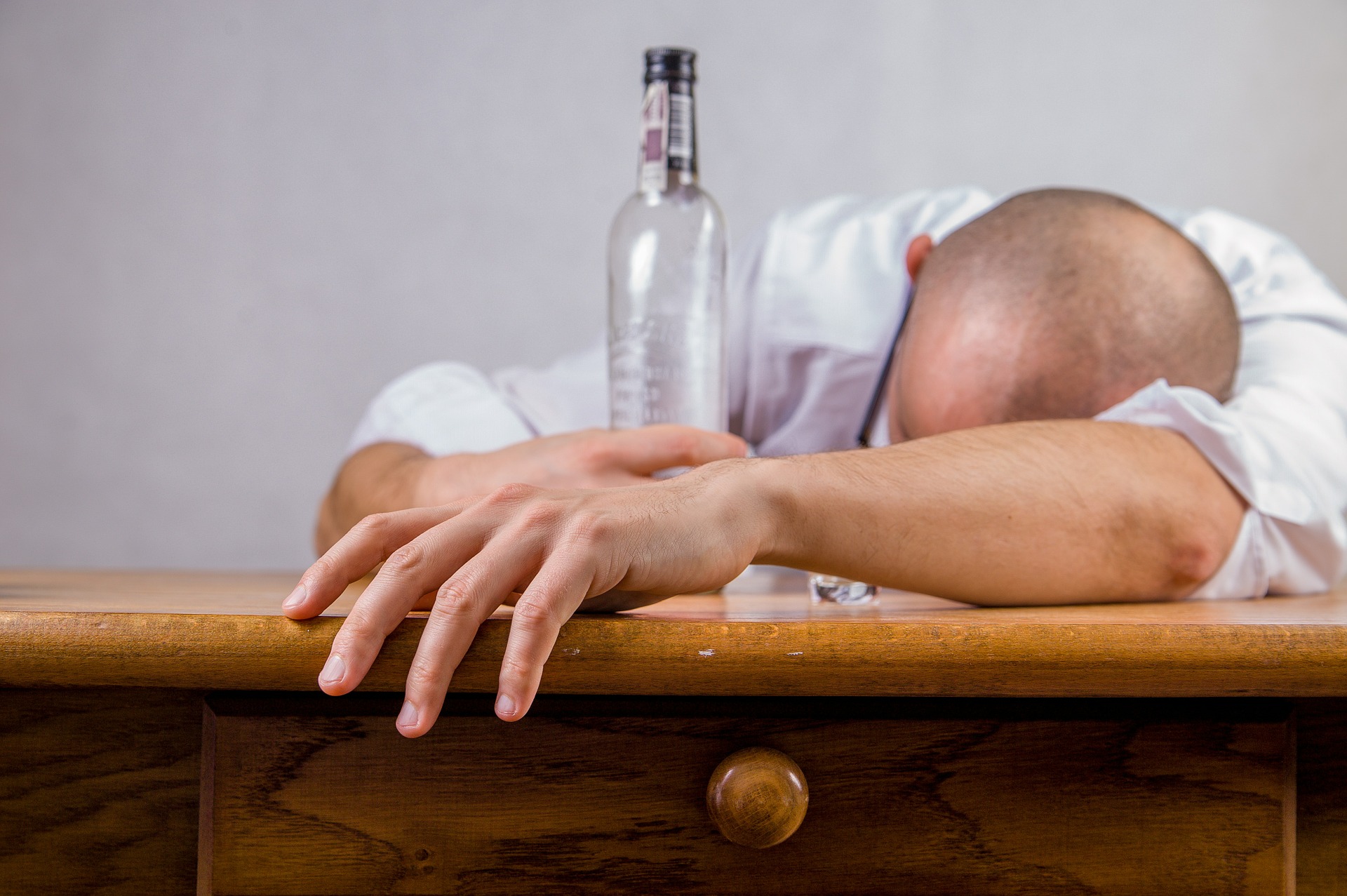Alcohol is a big part of our culture, and it can have a significant impact on our wellbeing. Alcohol Awareness Week takes place from 11th to 17th November, with this year’s theme being ‘Alcohol and me’, so this is a good opportunity to reflect on your drinking and how it may be impacting on any problems you may already have with depression or anxiety.
Take a moment to have a think – why do you drink? Do you enjoy the taste? Do you need it to help you to socialise? Is it just something that you do with friends? Is it a reward after a long day at work? Does it help you sleep? Does it numb thoughts and feelings that you can’t cope with?
Alcohol, like sedatives and tranquillisers, is a type of drug known as a ‘depressant’. This means that it slows down the functioning of the central nervous system and disrupts the delicate balance of our brain chemistry. At first this can feel quite nice – you may notice yourself becoming calmer and more relaxed. This is why so many of us choose to ‘self-medicate’ with alcohol. Particularly if you suffer from social anxiety, you may feel that alcohol makes you more confident and helps you to get through that office party or social event.
However, the advantages of alcohol are only short term. One of the downsides of its ‘slowing down’ effect is that you won’t be able to think as quickly or clearly, making it harder to cope with any problems you’re facing. Excessive alcohol use may lead to further problems, as it changes the way we behave, so we may become more argumentative or aggressive, leading to problems in our relationships and even the risk of putting ourselves in physical danger. As alcohol decreases our inhibitions, we may become more promiscuous or do silly, embarrassing things which will only make any social anxiety or depression much worse in the days which follow.
When your body starts to process alcohol, the complex chemical reaction actually increases your levels of depression and anxiety, leaving you feeling worse than before. Some people might then be tempted to have another drink to try to control the depression and anxiety, but this only leads to a negative cycle and replaces one problem with another.
So what is excessive? How much can you drink? Current guidelines recommend that you don’t drink more than 14 units per week and that you try to spread these out throughout the week whilst also having a few alcohol free days. A unit is one measure of vodka, and you’ll find approximately two units in a pint of beer and around 10 in a bottle of wine. Units depend on strength and quantity, so check the label for more information and use a tracker app such as Drink Aware to help you keep an eye on things.
As we’ve discussed, alcohol affects the delicate balance of our brain chemistry so it makes sense that it could have a negative impact on any prescribed medication you are taking, including anti-depressants. If you have any concerns about this you should speak to your GP.
Whilst slowing down our inhibitions may sounds like a nice thing sometimes, it can lead to very serious consequences for people who are already depressed, are self-harming and/or having suicidal thoughts. A study by NHS Scotland found that 50% of people hospitalised due to self-harm had taken alcohol immediately before or whilst harming themselves.
A final disadvantage of excessive alcohol use is that it can disrupt our normal sleep pattern. This is because alcohol is a diuretic, which means that it encourages the body to lose excess fluid, so you may find yourself getting up and down to use the toilet or sweating a lot. Even when you do go to sleep, the quality of that sleep won’t be as good because alcohol stops us from getting into the deep phases of sleep called REM (rapid eye movement). That’s why – no matter how long you’ve stayed in bed – you won’t feel refreshed. We all know how feeling tired can make us feel more irritable, anxious and low, not to mention how it can impact our relationships with others and performance at work.
Now that we’ve explored the links between alcohol and wellbeing think back to how you answered the questions at the start about why you drink. Is alcohol working for you? Do the disadvantages outweigh the advantages? Could alcohol be contributing to your low mood or anxiety?

